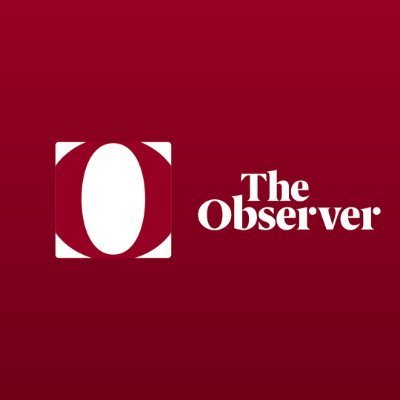1 min
In the News: School Choice and Vouchers
A Trump administration proposal to use the federal tax code to offer vouchers that students could use to attend private secular or religious schools has reignited public debate over school choice. David Figlio, a professor of economics and education at the University of Rochester whose research on vouchers has been widely cited, is available to offer insight on the matter. A recent study he co-authored on a school choice program in Ohio showed that low-income children in the program were likely to realize significant and positive academic benefits. Figlio warned in an interview with National Public Radio, though, that the results need to be taken “with a grain of salt.” “This program was a highly targeted program that bears little resemblance to the statewide, universal vouchers that are being rolled out today,” he said. Figlio’s research spans a wide range of education and health policy issues, from school accountability and standards to welfare policy and the intersection between education and health. Contact Figlio by clicking on his profile.
















